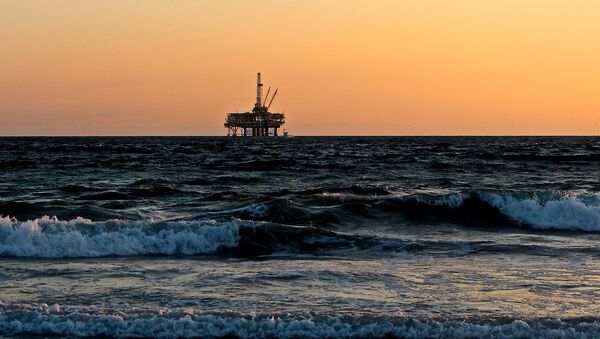"We can see at the moment that the agreement which is valid until the end of 2018 gives us a possibility to slightly change the reduction policy… We may consider partially lowering the quotas we agreed on… We would not want to give the numbers right now, we have agreed to work on this issue additionally within a month, to analyze the current situation very carefully and find some parameters," Novak told RBC at the St. Petersburg International Economic Forum (SPIEF).
READ MORE: What Will Happen to Oil Prices in 2019?
The minister added that one of the options was to go back to the quotas that were agreed on when the deal was first signed. He also said that average oil price in 2018 would be at $65-75 per barrel.
At the same time, Novak noted that the decrease in Iranian oil output would not exceed 10 percent.
"I believe that the reduction of [Iranian] oil output over sanctions will be less significant than it was predicted – about 10 percent. This is probably the maximum level," Novak said.
The minister also noted that when sanctions against Iran oil deliveries had been in effect, Tehran was shipping its oil to Asia-Pacific countries.
The SPIEF, held annually in Russia's second largest city of St. Petersburg, is a major global platform for communication between business representatives and the discussion of crucial economic issues.
Sputnik International Information Agency is the official media partner of the forum.



